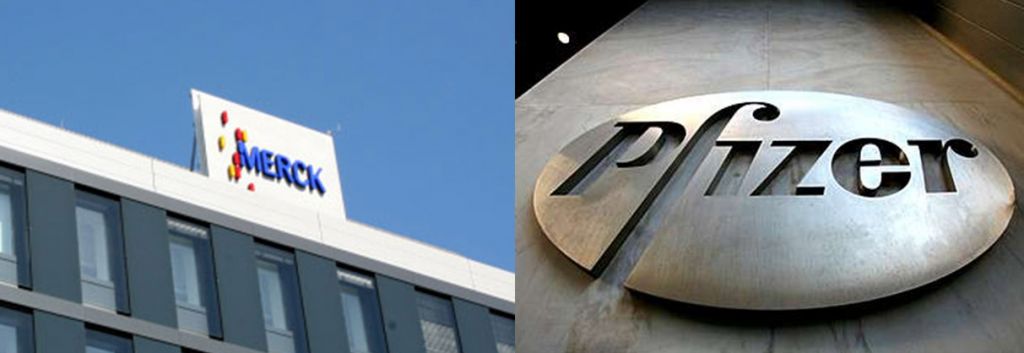Pharmaceutical giants Merck and Pfizer have agreed a deal to develop and market immunotherapy agents to fight cancer. Now, the last Pfizer’s proposal to AstraZeneca is pending.
Merck will get an upfront payment of €682 million from the U.S. drugmaker for sharing rights to develop its experimental immunotherapy drug with Pfizer. It is also eligible for up to €1,6 billion in payments based on the medicine’s future success.
Merck’s product is an Anti-PD-L1 antibody which name is “MSB0010718C”. Antibody therapies are the most promising new ways for fighting cancer, that helps the patient’s immune system to fight cancer cells more effectively. The hope is that such therapies will be more effective and less damaging than the principal anti-cancer therapies used today, which usually target cancer cells with heavy doses of radiation, or with poisonous chemicals.
“Collaborating globally with Pfizer will allow us to benefit from the strengths and capabilities of both companies in immuno-oncology, further accelerating this promising asset in the race to address the needs of cancer patients across multiple tumor types. Up to 20 high priority immuno-oncology clinical development programs are expected to commence in 2015, including pivotal registration studies,” said Belén Garijo, president and chief executive officer of Merck’s biopharmaceutical.
Moreover, such immune-boosting medicines represent the hottest area of cancer research and are also a major focus for AstraZeneca, which has a rival anti-PD-L1 product in development. Winning access to AstraZeneca’s cancer pipeline has been viewed as a major goal for Pfizer, which was unsuccessful with a €95 billion bid for the British group in May.
This big deal will enable Merck to gain an early entry on the US oncology market and strengthen the existing oncology business.





